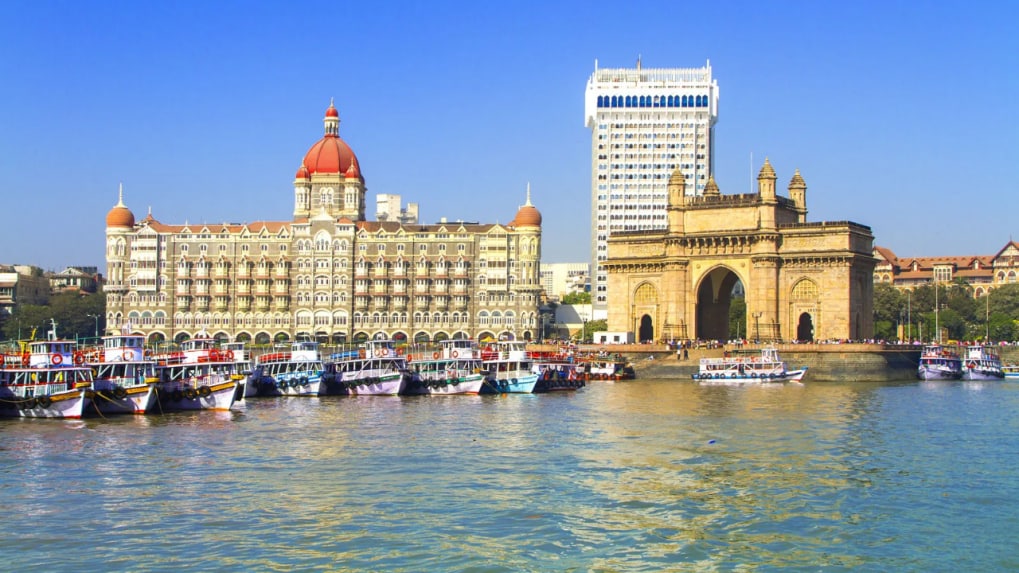Mumbai again the only Indian city in 2025 ranking of world’s 'Most Expensive Cities'
This year’s index reveals significant movement across Asia, with Bangkok and Tokyo each rising six places to take the 11th and 17th spots respectively.
ADVERTISEMENT
Singapore, London and Hong Kong have emerged as the world’s most expensive cities for affluent households in 2025, while Mumbai has once again secured its position as the only Indian city in the global ranking, according to the Julius Baer Global Wealth and Lifestyle Report 2025.
The report, which assesses the cost of luxury goods and services for high-net-worth individuals (HNWIs), states that Singapore has retained its status as the world’s costliest city for the third consecutive year. London has climbed to second place, overtaking Hong Kong, which now occupies the third position. Monaco and Zurich complete the top five, highlighting the dominance of established European wealth hubs.
This year’s index reveals significant movement across Asia, with Bangkok and Tokyo each rising six places to take the 11th and 17th spots respectively. Dubai has also registered a strong resurgence, jumping five ranks to seventh. New York remains the only American city in the global top ten, while Shanghai’s slide from first place in 2022 to sixth in 2025 reflects recalibration in China’s luxury spending patterns, as reported by Moneycontrol.
Mumbai has maintained its global rank at 20th, making it the least expensive city in the Asia-Pacific region for high-net-worth consumers. Despite India’s rapid economic growth and rising prices, the report notes that Mumbai continues to offer relatively accessible luxury experiences, particularly in hospitality and travel. This affordability, compared with prominent Asian financial centres, positions the city as an appealing destination for international HNWIs seeking premium services at lower cost.
London’s rise to second place has been attributed to increasing expenses in private education and business-class air travel. Policy shifts affecting non-domiciled residency have also reshaped the city’s luxury landscape. Although Hong Kong has slipped to third, it continues to attract wealthy individuals through targeted tax incentives and a robust investment climate, supported by a new investment-for-residency scheme. Dubai’s rapid climb reflects its growing appeal to millionaires, bolstered by golden visas and a zero-income-tax regime.
In contrast, São Paulo has recorded one of the steepest declines this year, falling seven places to 16th globally.
The index highlights varying luxury cost burdens across major cities: Singapore remains the most expensive market for cars and designer handbags; London is the priciest destination for LASIK surgery, MBA degrees and private schooling; Hong Kong leads in legal service costs; and Monaco continues to command the world’s highest property prices.
Against this backdrop of rising global luxury costs and shifting policy environments, Mumbai’s consistent ranking signals a unique value proposition. While it is not the cheapest for every category, its position reflects a blend of economic opportunity and comparatively accessible luxury, distinguishing India’s financial capital in an increasingly expensive world.

